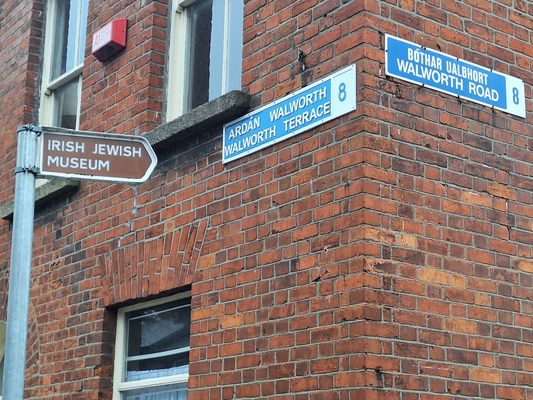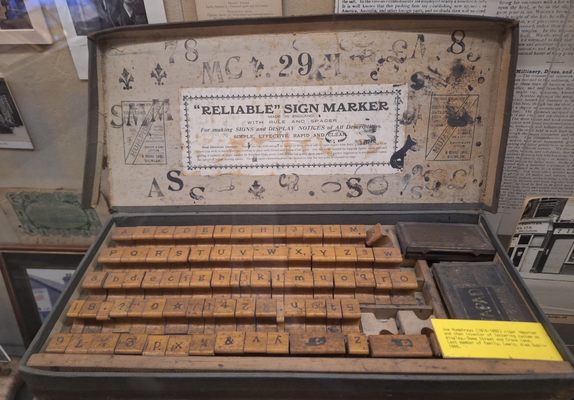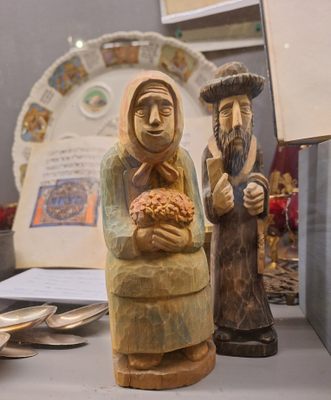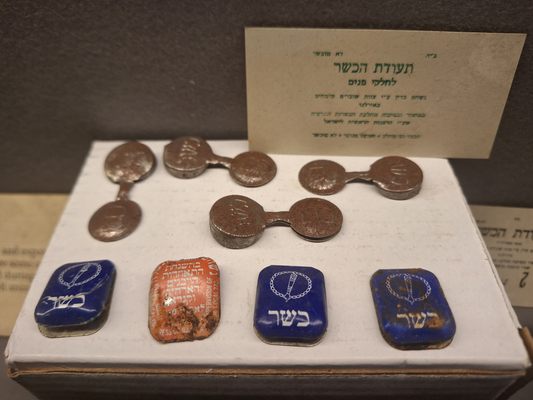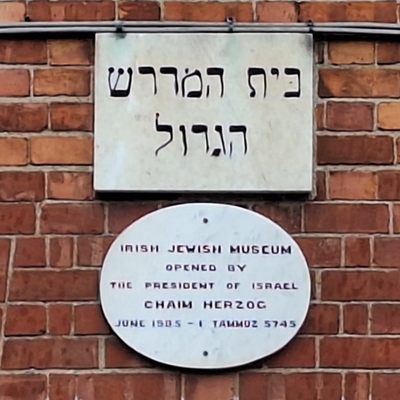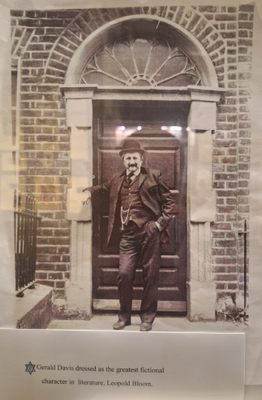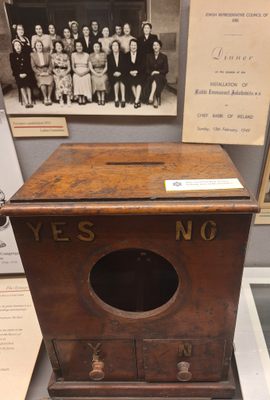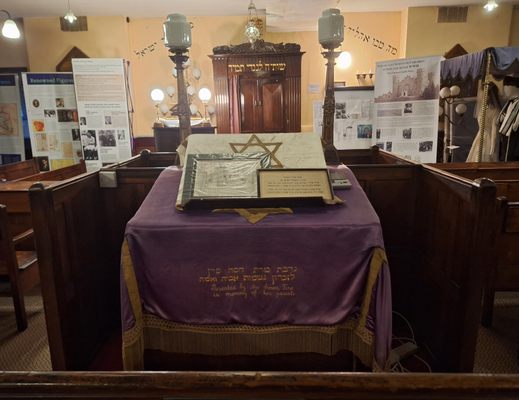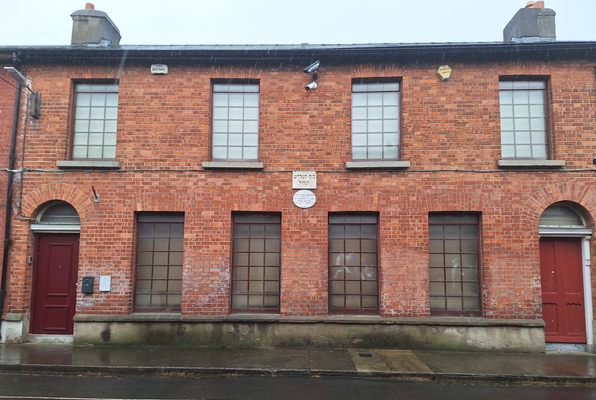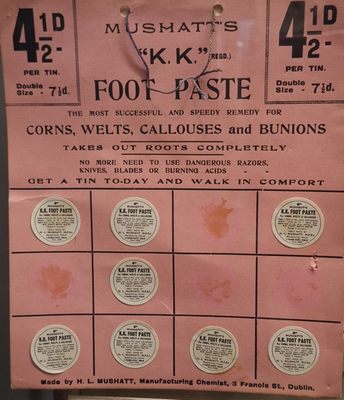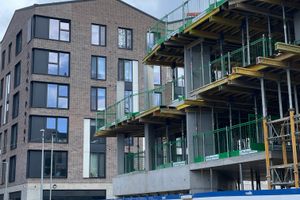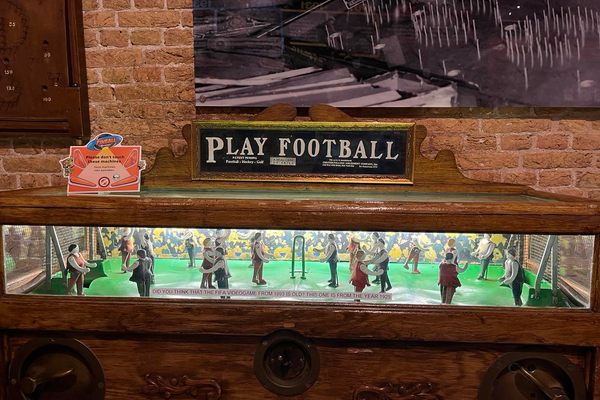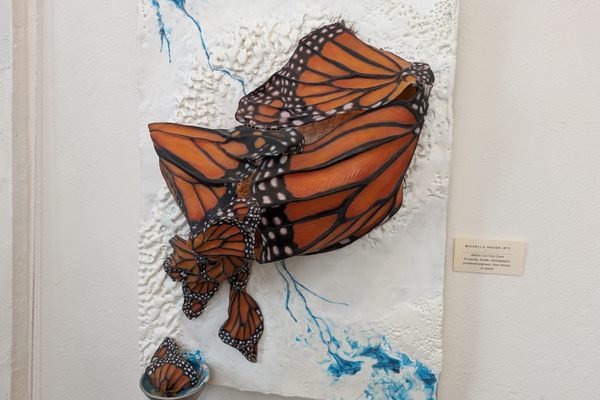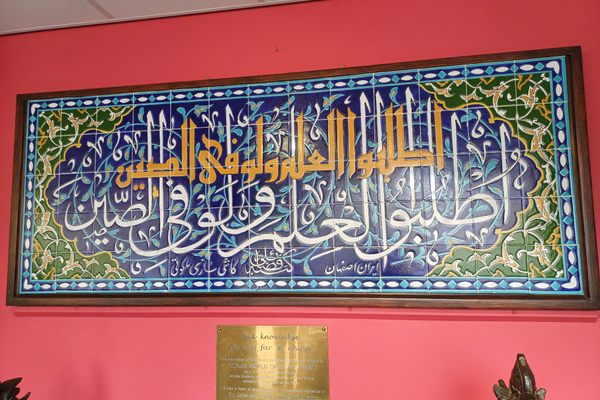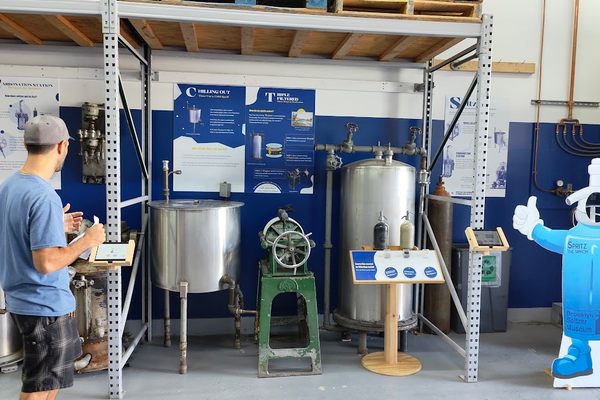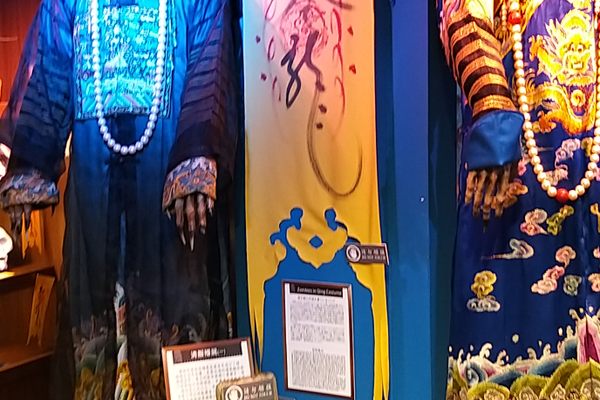About
Catholicism is rightly viewed as the dominant religious force in Ireland, sometimes to the point that it seems as though it is the exclusive belief system of the entire country. However Dublin's Irish Jewish Museum tells the story of the country's small, historic community of Chosen People.
The first recorded appearance of Jews in Ireland dates back to 1079 in a historic document that reported a handful of Jewish merchants arriving in the country bearing gifts. While this group is said to have returned to their home port, records indicate more and more Jewish immigrants to the area down the centuries, though in small to single numbers. By the 1200s there was likely a small community of Jews in Dublin which grew very slowly, still only numbering in the hundreds by the late 1800s. There was a boom in the Jewish population around the turn of the century in response to Russian pogroms which saw the Irish Jewish population explode to more than 4,000. The population continued to grow up through World War II, despite Ireland's largely apathetic attitude towards acepting Jewish immigrants, reaching a peak of over 5,000 in the late 1940s. Throughout all of the growth the overwhelming majority of Irish Jews resided in Dublin.
Since its peak, the Jewish population in Ireland has dwindled to less than 2,000 citizens today. The Irish Jewish Museum however makes sure the legacy of the small community is not forgotten. Located in a former synagogue and collecting newspapers, photographs, religious items, and other ephemera, the museum remembers 150 years of history relating to the Irish Jewish all the way up to the present. The museum also contains a traditional kitchen decked out for Sabbath dinner, and the preserved synagogue hall on the third floor.
Irish Catholicism may dominate the conversation relating to Ireland's history but this museum makes sure that it isn't the final word.
Related Tags
Know Before You Go
Near Victoria, Lennox & Harrington Streets). The museum is only a 15-20 minute walk from St. Stephen’s Green and very close to the Harcourt Luas Station as well as on frequent bus routes (16, 122). Due to limited on street car parking, the use of public transportation or walking is recommended.
The entrance to the museum is rather nondescript and blends in with the surrounding environs. One has to ring a buzzer for entrance and there is a nominal fee. Cash only, no cards.
NEW - Discovering Ireland: Literature, Legend & Myth
Cozy pubs, dreamy landscapes, and friendly locals in Ireland.
Book NowCommunity Contributors
Added By
Published
October 23, 2014

